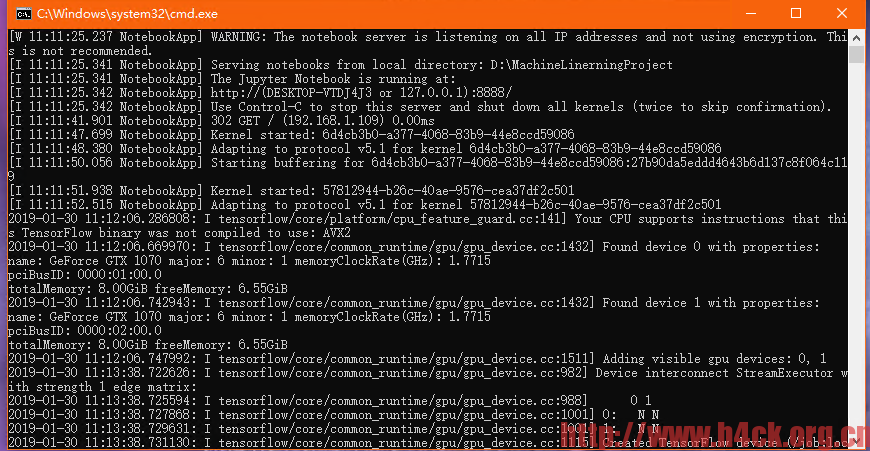最近做了一个系统由于部分接口需要进行耗时操作,因而不希望用户进行频繁访问,需要进行访问频率限制。如果要自己实现一个访问限制功能相对来说也不会太复杂,并且网上有各种代码可以参考。如果自己不想实现这个代码可以使用 Django Ratelimit 。
Django Ratelimit is a ratelimiting decorator for Django views.
https://travis-ci.org/jsocol/django-ratelimit.png?branch=master
Code: https://github.com/jsocol/django-ratelimit
License: Apache Software License
Issues: https://github.com/jsocol/django-ratelimit/issues
Documentation: http://django-ratelimit.readthedocs.org/
使用方法也相对来说比较简单:
@ratelimit(key='ip', rate='5/m')
def myview(request):
# Will be true if the same IP makes more than 5 POST
# requests/minute.
was_limited = getattr(request, 'limited', False)
return HttpResponse()
@ratelimit(key='ip', rate='5/m', block=True)
def myview(request):
# If the same IP makes >5 reqs/min, will raise Ratelimited
return HttpResponse()
@ratelimit(key='post:username', rate='5/m', method=['GET', 'POST'])
def login(request):
# If the same username is used >5 times/min, this will be True.
# The `username` value will come from GET or POST, determined by the
# request method.
was_limited = getattr(request, 'limited', False)
return HttpResponse()
@ratelimit(key='post:username', rate='5/m')
@ratelimit(key='post:tenant', rate='5/m')
def login(request):
# Use multiple keys by stacking decorators.
return HttpResponse()
@ratelimit(key='get:q', rate='5/m')
@ratelimit(key='post:q', rate='5/m')
def search(request):
# These two decorators combine to form one rate limit: the same search
# query can only be tried 5 times a minute, regardless of the request
# method (GET or POST)
return HttpResponse()



